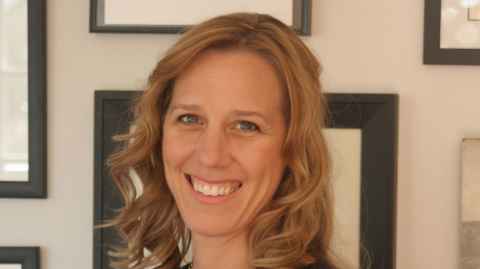Specialist network focuses on care of pregnant women during lockdown
9 April 2020
To date there have only been a handful of pregnant women who have contracted COVID-19. Dr Michelle Wise, an obstetric specialist and senior lecturer at the Faculty of Medical and Health Sciences is thankful for that and determined it stays that way.

For a pregnant woman with COVID-19, a chief concern is that she might pass on the infection to her baby. “The good news is that so far it does not appear that the infection can be transmitted to the baby.”
The less reassuring news is that viruses can pass through the placental barrier and that vertical transmission, from mother to baby, is possible.
“We’re keeping a very close eye on the research coming from other countries seeking answers on that question.”
One key way to ensure pregnant women stay safe is to ensure pregnancy specialists throughout the country are all on the same page. To make sure this happens, Michelle has led the creation of a national network of clinicians working in maternity services.
She and her colleagues have been in close touch with what has been happening overseas, in countries where hospitals have been stretched in their response to COVID-19.
“I was able to get a sense of what would be happening in our hospitals based on what they were saying. Their big advice was to get prepared.”
As a researcher, she already had strong links with maternity services at 11 of the country’s DHBs on a trial for improvements to inducing labour. She contacted them to gauge interest three weeks ago and since then the network of specialists joining twice weekly meetings has ballooned to more than 70 members.
The biggest challenge doctors and our patients face is uncertainty. We don’t know how many cases we will get and how quickly it will spread and this only increases the anxiety of women in pregnancy about how they and their babies can stay safe but also for the healthcare workers.
The network sits under the auspices of the Royal Australian College of Obstetricians and Gynaecologists, and has become the clearing house for expertise, practice and experience on how to maintain the best care for pregnant women in these unsettling times.
The network has shared advice on how best to conduct virtual consultations and developed an information sheet for pregnant women that has been shared across all 20 DHBs.
At this time peer support becomes more important. “We’re all facing similar challenges so the network is way of sharing our experience and feeling like we’re not alone. By working together we can get through this.”
Media contact
Gilbert Wong | Research Communications Manager
Mobile: 021 917 942
Email: gilbert.wong@auckland.ac.nz